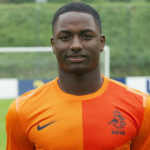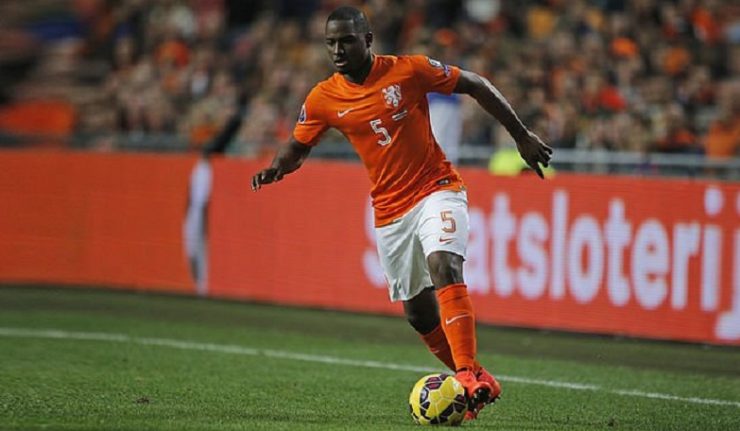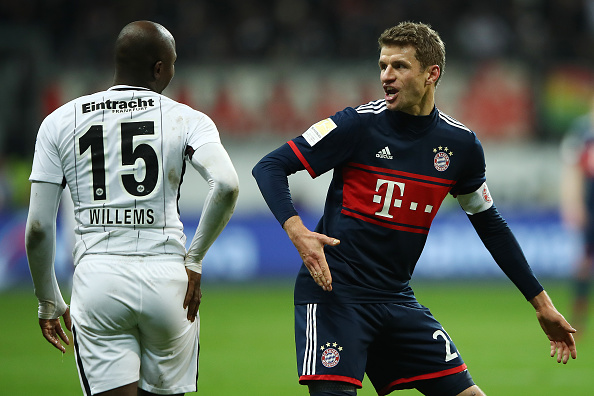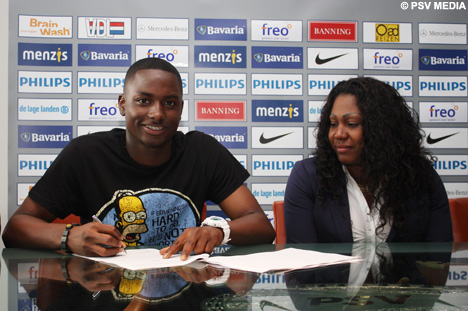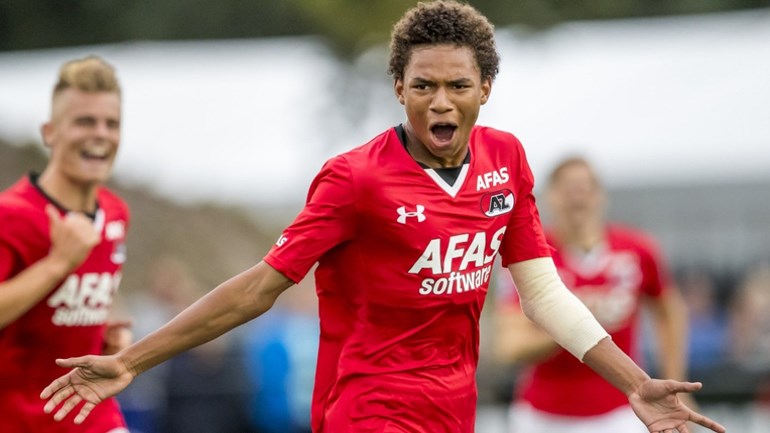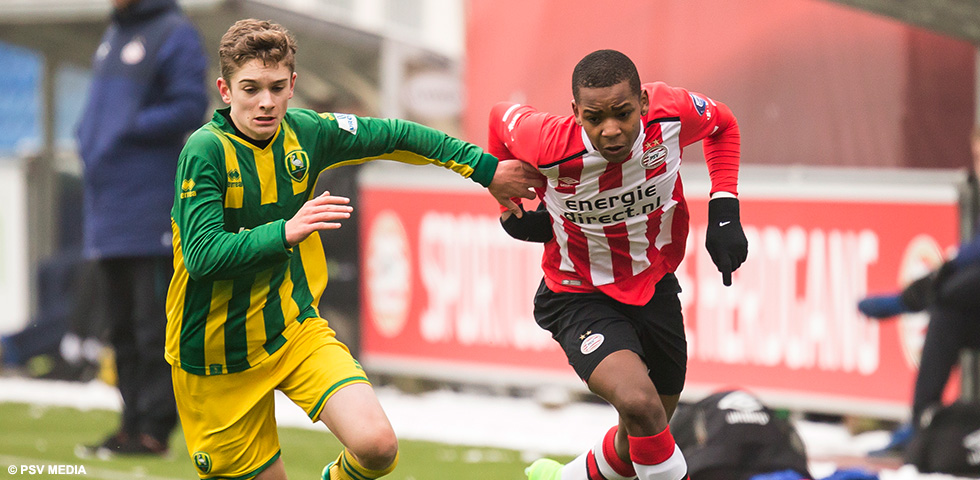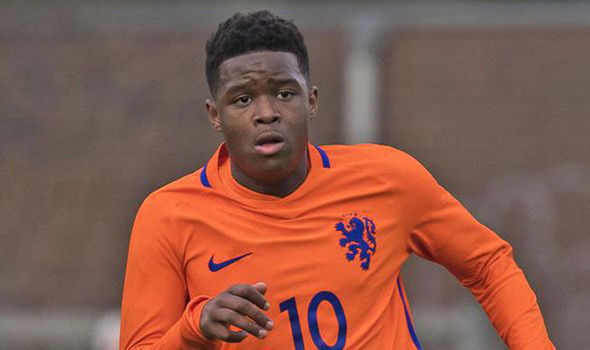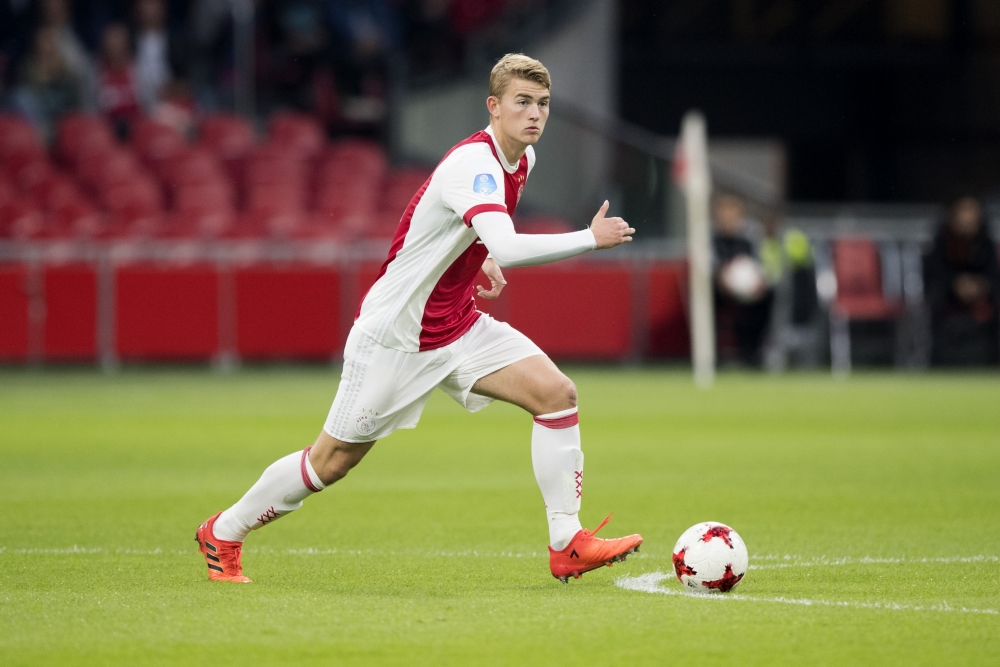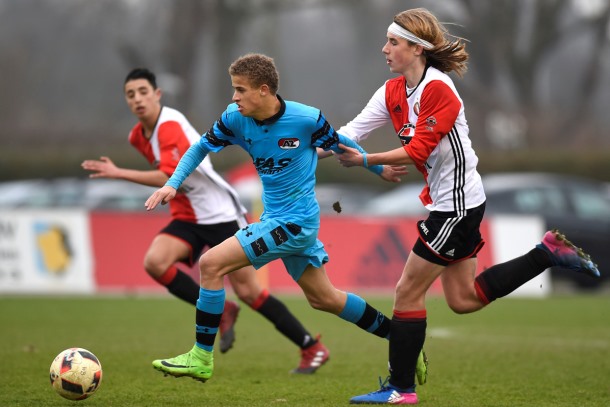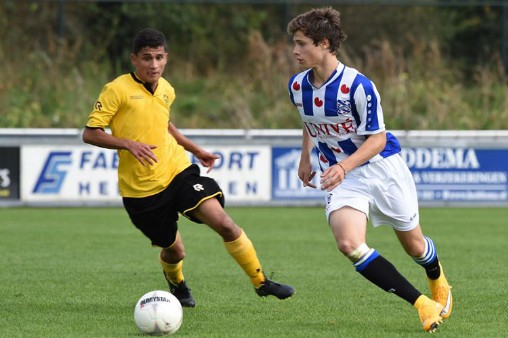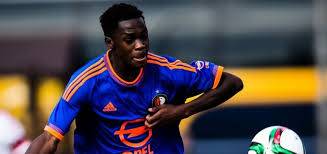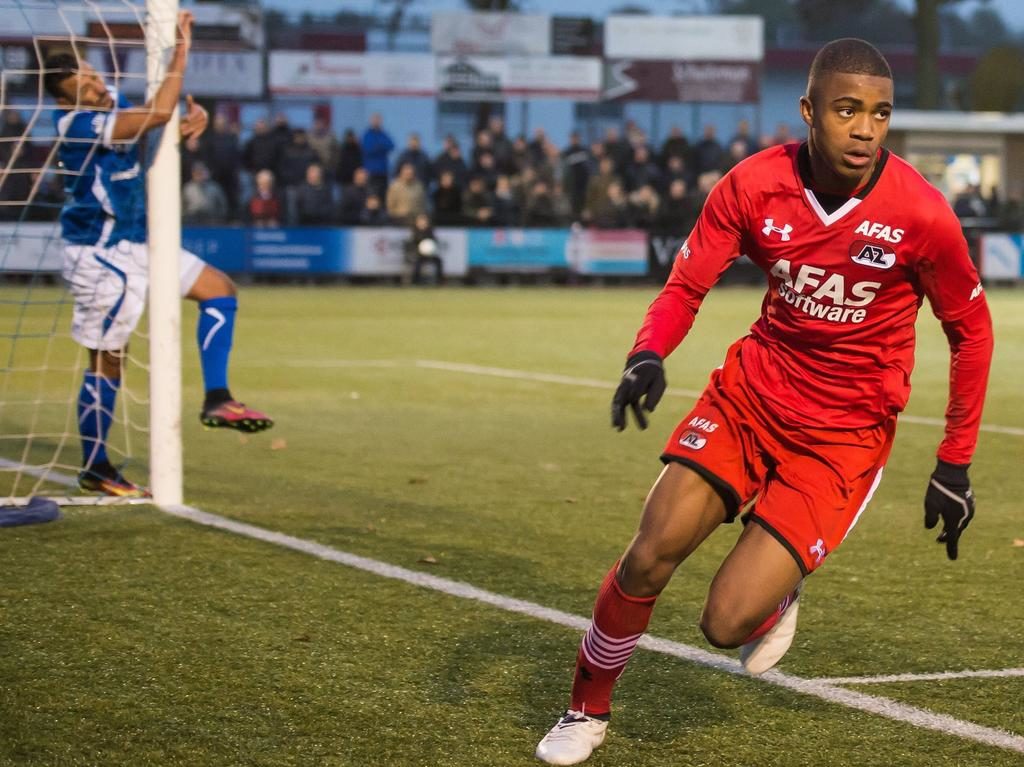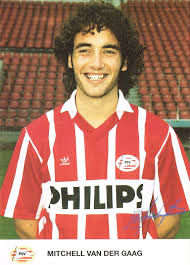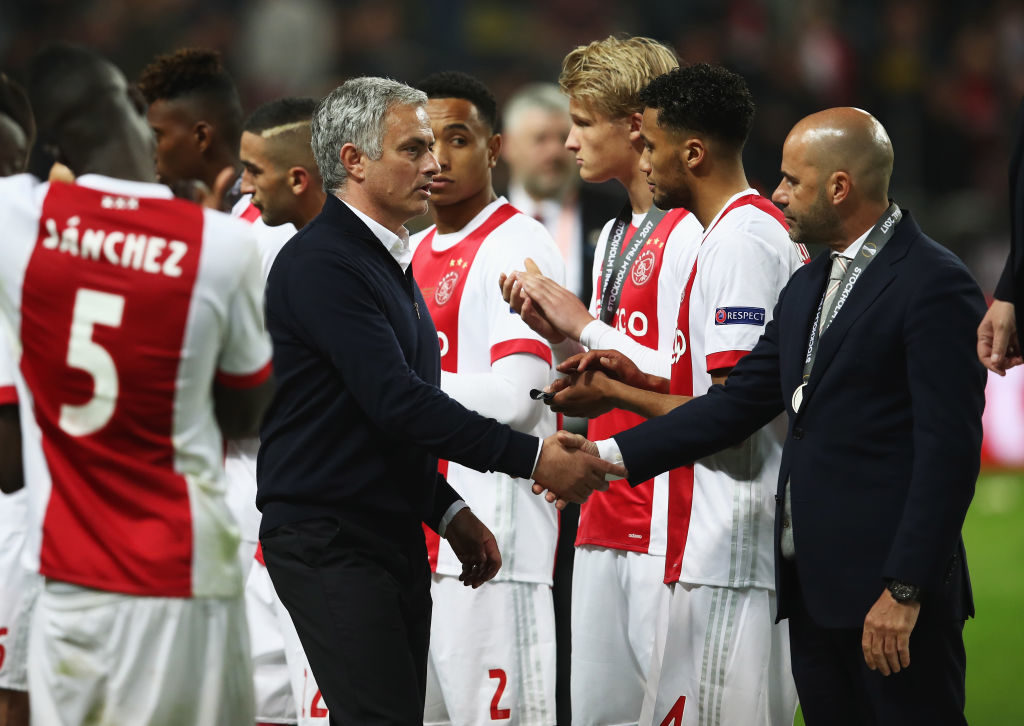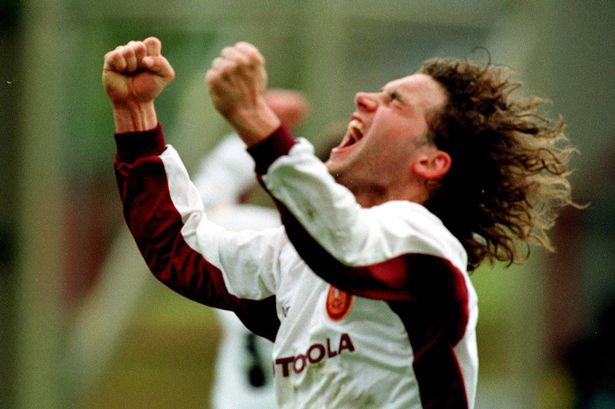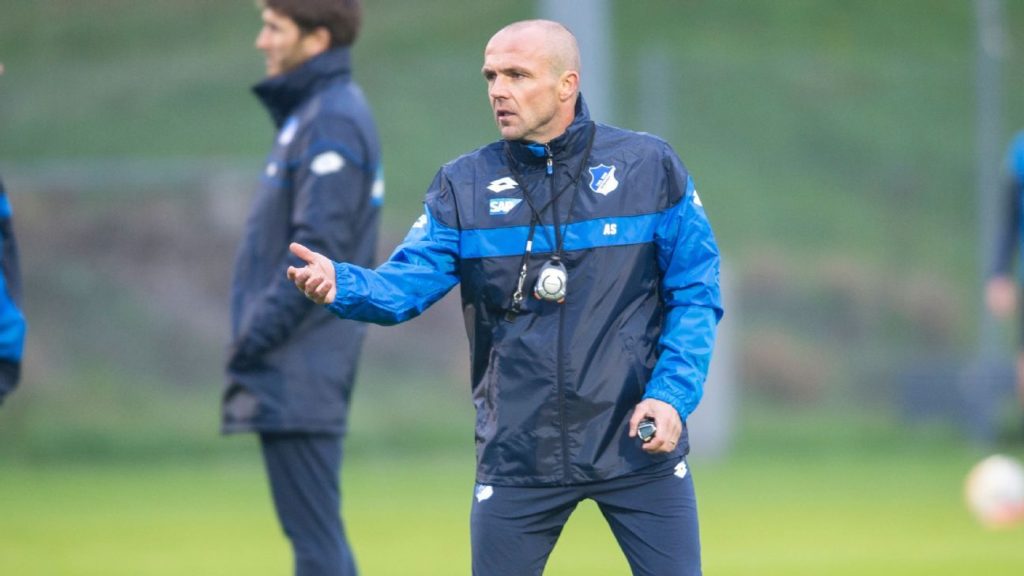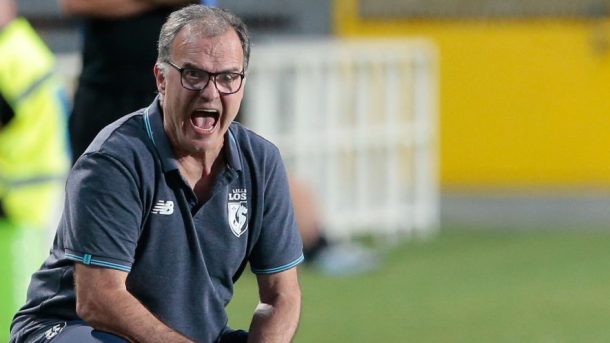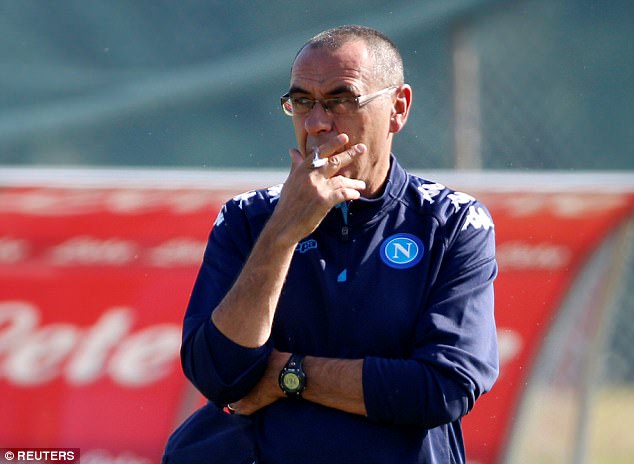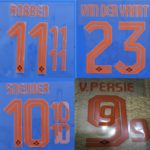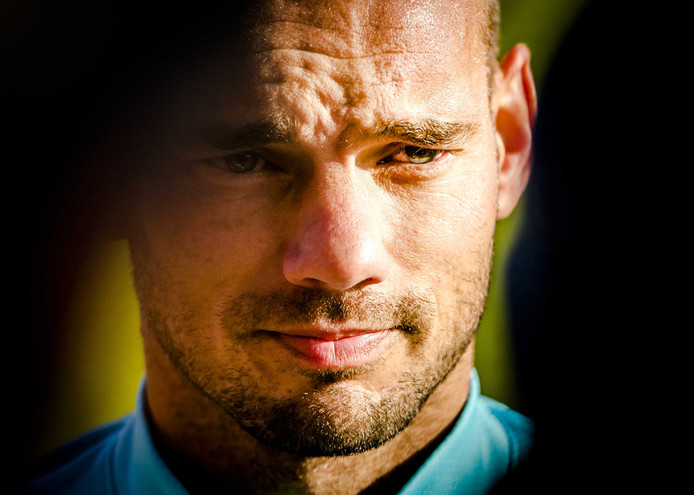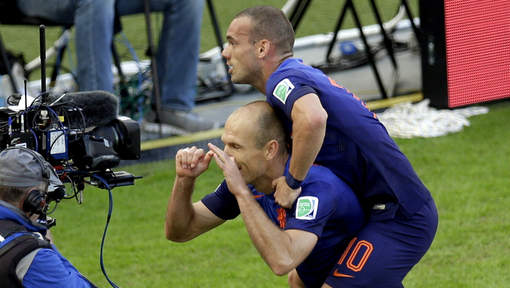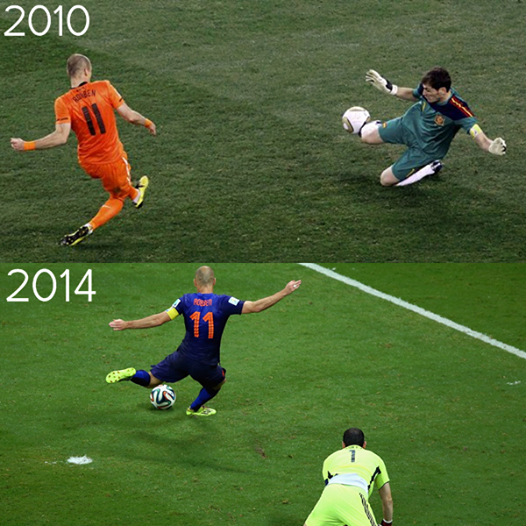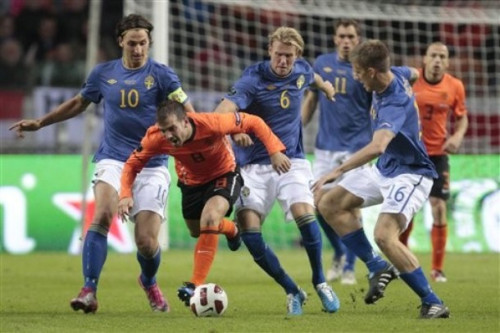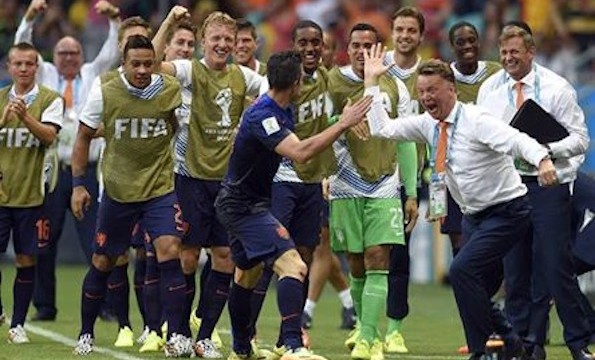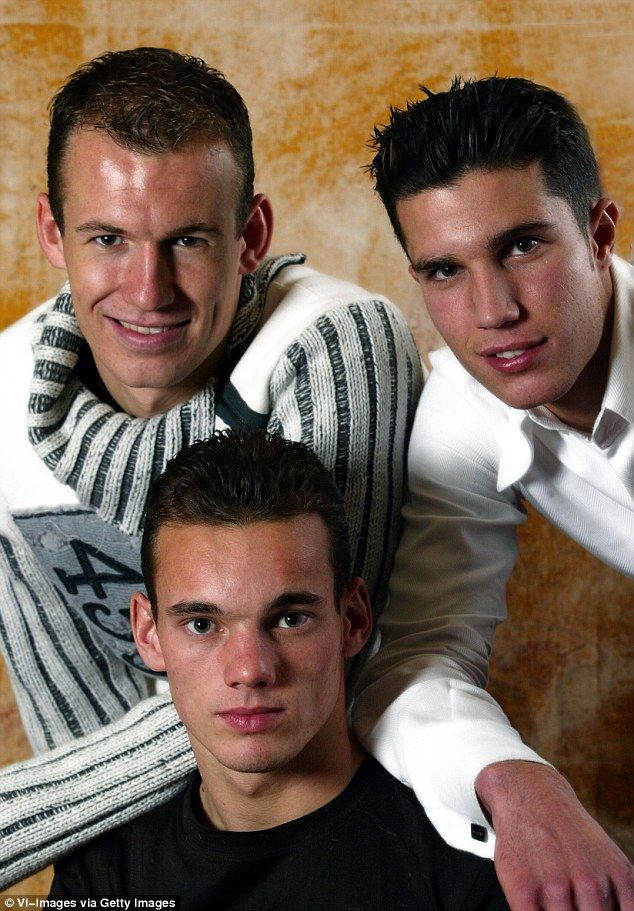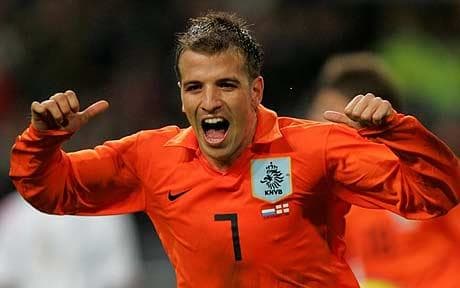With the KNVB team almost up to speed (surely Koeman will be the man) it’s interesting to focus on the top quality players we thought we had… Jetro Willems came like a comet and disappeared into mediocrity last season. He’s picking up the pieces in the Bundesliga now.
“What is good arrives quick” is a typical Dutch saying. We saw it with JC, with Seedorf, Van Basten, Messi, Rooney… Age is not a concern, it’s all about quality. Giggs could play well into his 30s, so what? Jetro Willems appeared to be another top player who presented himself at top level in Holland at 17 years. And through a stroke of luck, ended up in the – disappointing – Oranje eleven for the EC2012.
Developed at Sparta Rotterdam, he made name real quick. Fast, strong, great technique and a wonderful left foot. PSV didn’t wait for the other clubs to wake up and immediately snatched him up. When Oranje and PSV left back Erik Pieters got seriously injured, Willems took his spot in Eindhoven, and not much later, the youngster was selected by Bert van Marwijk for the Euros2012. In his first 5 minutes in the match vs Denmark, he almost became a legend by hitting the ball like a rocket on goal, only for it to splash onto the bar. In that highly disappointing campaign, Willems was one of the high lights.
His coach Advocaat at PSV called him complacent. His Young Oranje coach Cor Pot called him naive. Willems always listened to the criticism and with his involved parents as advisers, he would improve himself.
After making a name as the youngest player at a Euros tournament ever, he also saw the other side of being a pro. Willems was a little bit too soft on himself. And in the year after the Euros, he even lost his spot in Young Oranje.
He also had to cope with a series of injuries at PSV Eindhoven but the season before last, he shone again. With the highest number of assists, he won the title with PSV, helping Luuk de Jong score and riding the wave with other marquee players like Memphis and Wijnaldum. And while Depay left for Man U and Wijnaldum went to Newcastle United, Willems decided to stay at PSV.
The season following was a dreadful one for the youngster. Hardly any assists, Luuk de Jong forgot how to score, more injuries and as a result, ridicule from the tv pundits for his weight problem. It was time for Willems to move on. But the likes of Chelsea, Barcelona and Bayern Munich weren’t interested…
The 23 year old was still keen to reach the European top, but he has to make a detour. AS Roma and AS Monaco were in the running for his signature, but Willems decided on the Bundesliga. Eintracht Frankfurt. An unlikely decision.
Willems: “And credit to my dad. Because of him, I’m here. Really, I was happy to go with the other clubs, and I never thought about the Bundesliga. I mean, the Bundesliga…that is a lot of running and working, right? I am not a great runner, I’m good on the ball. But my dad convinced me and I think him for it. Frankfurt came late in the game, we basically had decided for another club, we had negotiated the deal etc. It was almost done. But dad started to google Eintracht. Their games, their practices, he investigated the coach and he said to me: “I think Eintracht is ideal for you.”. I didn’t get it… He never ever pushed me to do anything, so when he said this… I took it seriously. And I thought. Ok. Bundesliga it is.”
Willems would discuss this with his dad later on. And his dad was quite harsh. “He never told me off he was always positive. But now, he basically said: let’s face it. You’re good on the ball, you’re a good passer, but in the turn-around you’re hopeless. You let your man go, you jog back, you’re too easy on your self! Now, look at the big full backs in Europe. Alaba. Marcelo. Alvez. They run their guts out. They work like crazy. Yes, all good players, but all hard workers. You won’t make it to the top if you don’t get that part of the game down.” Willems had to concede and went for it at Eintracht.
Willems: “Man, how I found out about that running. The first weeks of pre-season was so harsh. The first session I did was a 3 hour training, and after 2,5 hours I cramped up. So they said, don’t worry, we’ll do some easy running later today, to run it off. Guess what, that was an hour forest run! And I had done the first part of the pre-season with PSV and thus the second part with Eintracht. Incomparable. Seriously. At PSV, you work with the ball. At Eintracht, the ball doesn’t even come along to trainingscamp. We would run 14 kilometers per training day. Every day. Here, you need to be able to play full throttle every match, for 90 minutes. It’s that simple.”
Willems currently is top fit and starts to enjoy the hard work. “I never minded hard work, if I can see it aims towards something, sure. It’s not that I like it, but it’s a matter of just doing it, right? But my body mass index is still the same, don’t get wrong. Some people thought I was fat at PSV? But that is all muscle man. I’m a big boy, but I have a six pack and always had that. The only thing, my neck started to become a bit big, due to the muscle work I did in the gym, when I was injured. I looked fat, but I am fit as ever.”
Playing in Germany is a bit different. “Here, you play a good game, they will say: good game! In Holland, it’s always: good game, but…. this and that was not good. There is always that “but” in Holland. Look at PSV this season. Last season: criticism because they couldn’t get the results. This season, PSV is leader but still people whine and whinge that it’s not good enough… Typical. And my view of football has changed. I loved to do the cool and fancy things, but now, I realise it’s only about winning! I know Mourinho and Conte…they don’t care how they win, as long as they win. It’s time I start focusing on trophies rather than a cool trick or a good shot.”
Willems keeps on going: “In Germany, if you can’t win, the new aim is to not lose. In Holland, if you can’t win, you will try even harder to win. With the result, potentially, that you lose! I grew up with the Dutch school of football and attacking football is my thing, but here I have learned to play for the result. The Bundesliga enriched me like that.”
Eintracht Frankfurt is doing well this season and Willems plays a key part in it. “We are sub top now and we can look up instead of down. But, we’re not Bayern Munich, which can win games at 75% commitment. We really need to work our asses off for a win. The big thing here, like in the Premier League, is that any team can beat any team. In Holland, we only had two real rivals, Ajax and Feyenoord. We were expected to win the other matches. In Germany, it’s a bit more close. But tactically, the Dutch are better. Here, if the build up fails, they just hit a long ball forward. Boom! But in the last phase of the attack, everything goes much quicker here. Zip zip, some passing, first touch and before you know it it’s a goal, or a chance. And it’s constant. In Holland, we had moments in the game, where I knew I wouldn’t be involved. It was predictable, the patterns. I sometimes lost some focus. Here that is impossible. You need to be on your toes constantly.”
Willems is the fourth on the list of players with the most crosses, but he is number 1 in term of accuracy. He is no. 6 on the list of players creating chances. “Wijnaldum always pointed stats out to me, he’d always say: numbers don’t lie!”.
Willems about his position: “I am confident in the 3-5-2 system, which means I play 20 yards more forward and my defensive tasks are less important than in a 4-3-3. But I do need to track back of course, the coach expects me to take care of the whole left wing. So I need to be top fit.”
Life is good in Germany. Willems lives with his 29 year old cousin, who cooks for him and does odds and sodds for Jetro. “We have 17 nationalities in the team, it’s quite a cosmopolitan team. We speak English mainly but I’m learning German too, I can understand it. In Holland, it was all becoming “normal”. Here, both professionally and personally, it’s a new world for me. I’m out of my control zone now. It’s good.”
Willems enjoys being more anonymous. “Somehow I managed to get the attention of some tv pundits. It’s probably my own fault. I remember being interviewed when we were trailing behind Ajax two seasons ago, and I jokingly said – with a straight face – that we would win it, and we did! Hahaha, and I had some more funny interviews but somehow people don’t always get that humour. Football humour. And when I seemed to have gained weight, they were all over me. It’s good to be in a country where I am not important. They still call me a talent here in Germany. At PSV, I was one of the veterans, hahaha. I did play six seasons for PSV, won titles, played the Euros, I was one of the players in the dressing room who’d talk and be present. Here it’s different, with players like De Guzman and Boateng… I know my part here.”
Looking back at the criticism: “I understand the criticism. I simply wasn’t good enough, not consistent enough. I try to be honest with myself. I had this reputation of “he doesn’t care” but that is not correct. I do care. I am highly critical towards myself. I’m not arrogant, but I do speak my mind. In Holland, that is not always appreciated. I am not the ideal son-in-law, true, but I’m always speaking my truth.”
17 year old Jetro signing for PSV, with mum…
He had to make the switch in his head. “When I was young, I played on talent and instinct. I kept on doing this and maybe wasn’t always to responsible with my body. I had to learn this. You can reach the top with talent, but you can’t stay there just with talent. You need to work hard, learn, improve, push the boundaries. I didn’t do that for a while.”
In Germany, the benchmark is higher yet again. “The coach pushes me. He always says, if you train at a certain level, you need to push that level up, otherwise you won’t improve. In Holland, this is lacking. We train exactly how we did 4 years ago. The coach here tells me: “You’re good Jetro. But not as good as you think you are. That helps me, he triggers and pushes me. At practice, I get a lot of kicks. I tend to play a bit, trick the guys, well…they’ll have a go at you here. And the coach allows it. At one stage I was on the ground and said “coach, surely a free kick?” and he waved play on and yelled at me “will you cry and run to your mum!”… That took care of that, hahaha.”
Willems still has his eye on moving up. “Don’t get me wrong, I still have a lot to prove here, but things are going well, so who knows. Gini went to Newcastle, he didn’t wait for a big name club. He played a good season and made a move. I think I could do a similar thing. After two years Eintracht, I’ll still be 25 years old. But key is to be happy and healthy. And I’m both here. I enjoy my football again and that is so important. Particularly after what happened to Nouri, I can say I’m blessed to be healthy and playing.”
Willems played his last international game for Oranje in October 2016, in the 1-0 loss against France. He watched Oranje’s exit from the sofa, at home. “So what can I say? I wasn’t there. I don’t have a right to say anything. My Eintracht coach tells me we are too complacent, we talk tactics but we don’t work hard enough. I get what he’s saying… I will do what I can to get back into it. But I am not the type to ask or to whinge about it. I have to show it week in week out on the pitch. It’s as simple as that. I hope the new NT coach will make a fresh new start now the older key players are slowly drifting out and a new group needs to step up. I hope to be part of it. And believe me, we still have top quality players. I think we’ll be fine.”

